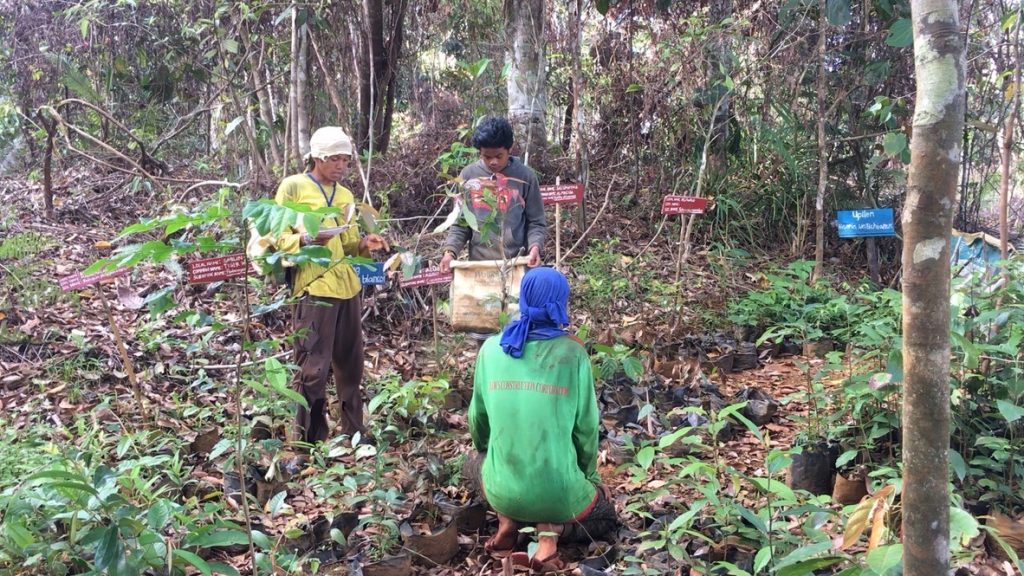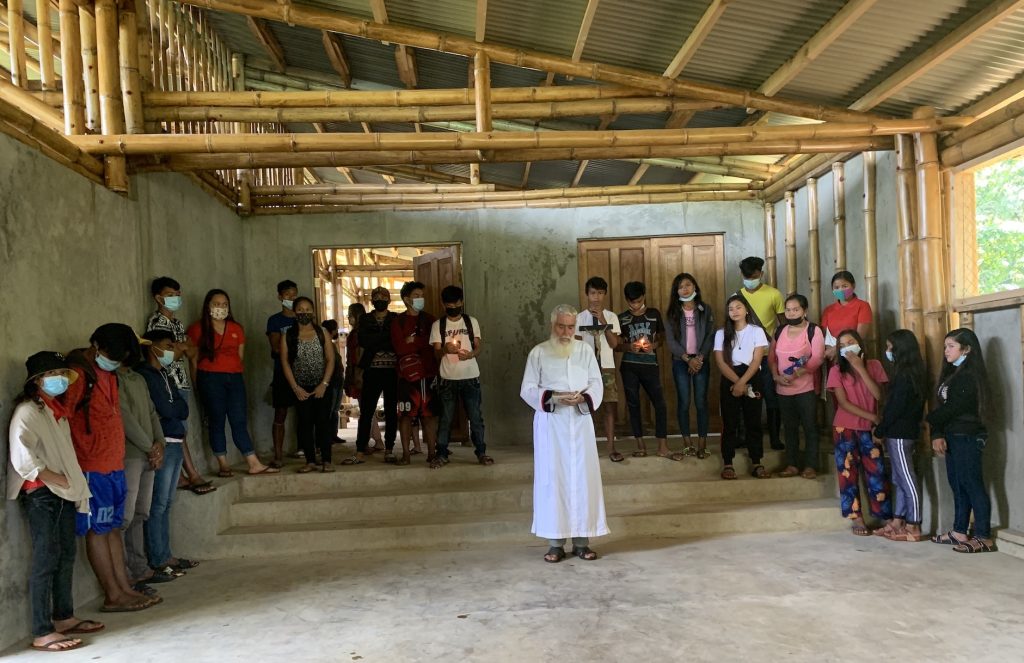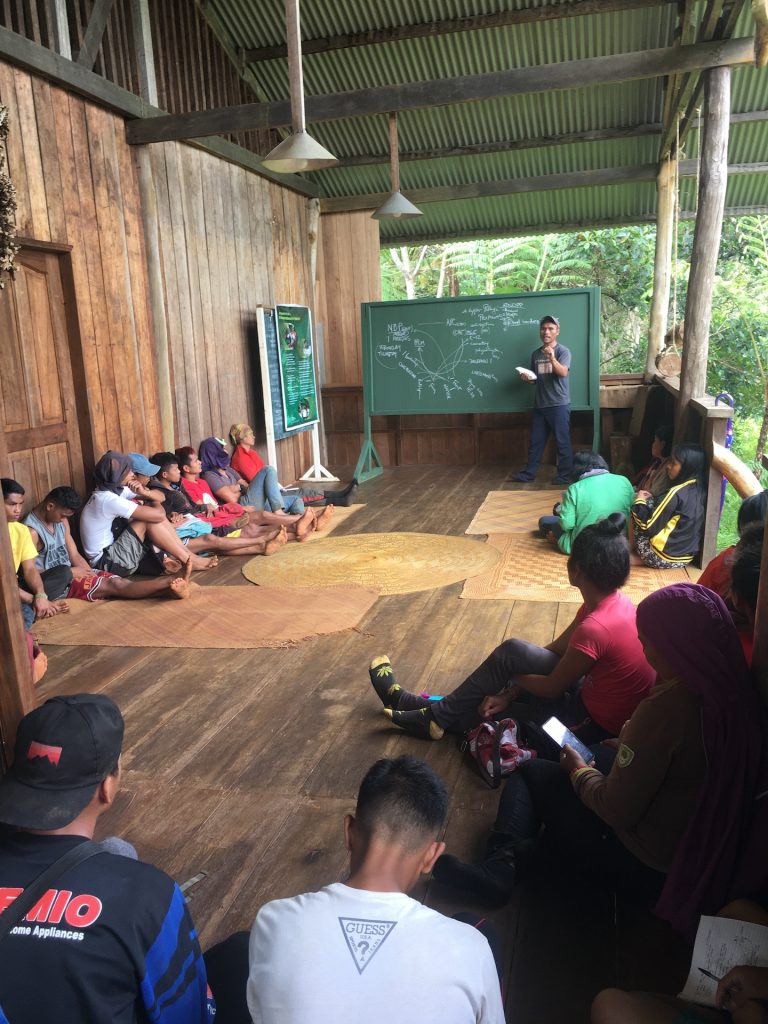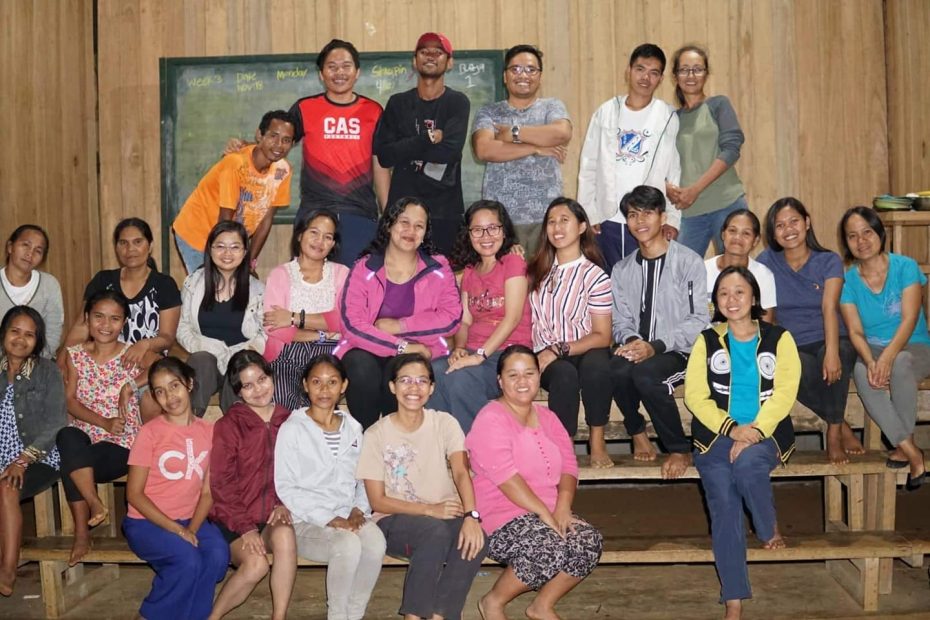Pedro Walpole SJ
Accepting where another person is, different to me, is not the start of relativism. It is in listening to other stories that leads to a dialogue and valuing of diversity. Listening to the desires and pleas of the youth is not just about what they want to do or change, but also who they want to be, where they want to belong. Synodality can contribute to how this can be done together.
As a mountain community, we can be dead from ideology while suffering gravely from poverty. It is a long time ago, but I remember 18 bodies lined up along the road from an encounter between the Armed Forces of the Philippines and the New People’s Army. These Filipinos died for lack of dialogue, no one deserved to die.
The lowland worries little about a war now fought on indigenous lands but is not a war of the Indigenous Peoples. This happens when there is dishonesty and political subterfuge, when questions are forced as opposites as to “which side do you belong to?” These are the wrong questions and are not options.
Loss of self-worth, fear, and anger are the results of exclusion. The youth need space for reflection to experience hope and ways from within by which to share in society. Real listening, not answers, are needed for the people in the vast margins living below the poverty line. State and church need to place these concerns at the center.
Synodality is about participating from below. Synodality is not the place for theological debate but instead creates a space for reflection and perhaps, occasion to lead by serving. Reconciliation and compassion are not easy actions.

There is also the need to dream of the face of the church and there are wonderful examples. In working with ecclesial networks, the experience is beautiful. The religious sisters are closer to the face of Christ, knowing the family life, food, and the malnutrition of the coming generation. The land and the oceans in this relation of care are considered.
Historically this dialogue is the story of how Jesus acted after the Ascension and how the Spirit acted through the apostles and communities. The hope is for reflection and a dialogue of gratitude and trust can lead to care and greater confidence for the present youth who must take up all that is lacking in previous generations. And in so doing, they find the love of God.

The purpose of synodality is not dogmatic dispute but a need to humbly recognize the good with gratitude. These words of the Eucharist stand out “…graciously grant her (the Church) peace and unity according to your will” as the peace of Christ is not always ours. God wants us to be disturbed and seek deeper peace for and with all.
The Philippines has little knowledge of what is happening in the global synodal process except for some Church officials tracking the discussions. The process in some countries raises many theological issues and seems to be an argument about who is right. Synodality on the other hand, as we begin to learn anew, is about listening and responding, acknowledging something of the other person’s experience of life and journeying together.
We are still very traditional in the Philippines in how we are working with the synodal process and there are few expectations. But the practice of listening to each other in spiritual conversations over time could change things significantly as to how we live in relation to others and also for the Church.

Spiritual conversations are about what matters to us in life. They are not discussions about celestial bodies or doctrinal arguments, but about the depth of one’s own self-understanding in the present context where one lives, the sense of relation with others, with the land, and also where a relationship with Jesus, with God, might be experienced. As a scattered community, we started off by listening to the stories of people, their life and not their agendas or solutions, and its integrity in the face of immeasurable vulnerabilities.
Listening to some of the women in community here in the mountains, they are very pained by the rigidity of the church and how the parish manages the sacraments, especially attitudes on pregnancy and marriage, as these do not reckon with local culture. They feel the church is more than about rules and sacraments and could enter more into the life of the people. The church could nurture more the sense of faith amongst the youth where it enters their dreams and enable them to experience hope in their journey.
Though there are many issues in the hierarchical church that need reconciliation, sometimes there is a need to look in the opposite direction to find a way to participate. Synodality is a bottom-up approach and most of all it must start with the margins, with the healing and the feeding of the human spirit.
Hopefully we can listen to the young and the old, the migrant and marginal, and the humble desire to belong, to trust, and find relation and purpose in living.
Listening is like the gentle rain that “falls on the just and the unjust” that we may all eventually share in the kingdom of God. (Matthew 5)
Reprinted with modification from the original article published in Synod Resources on 14 August 2022.


